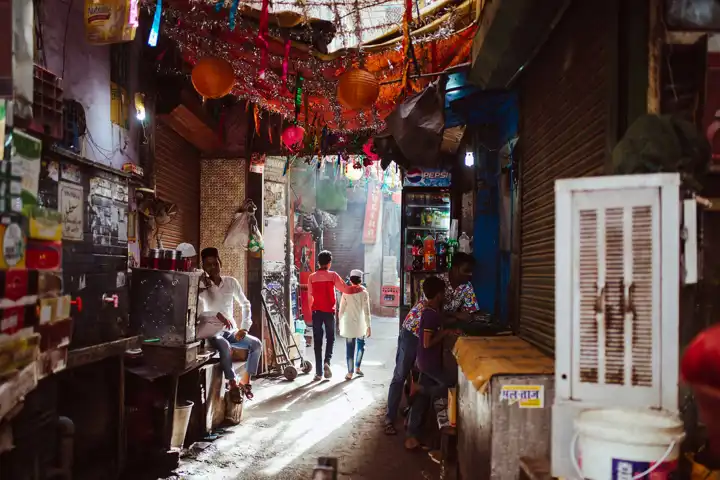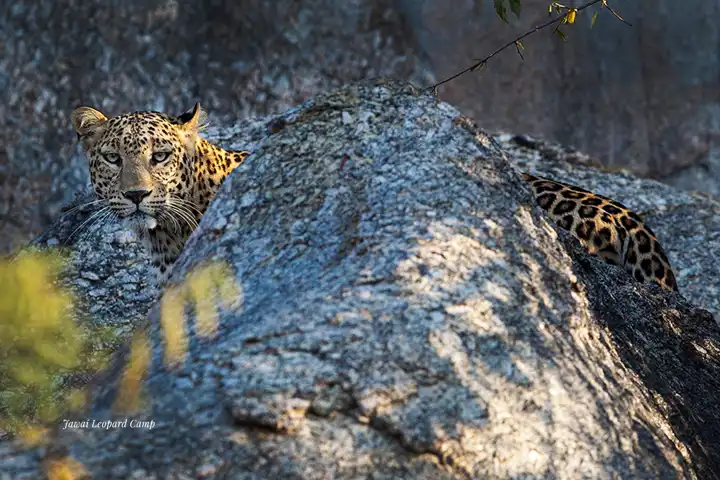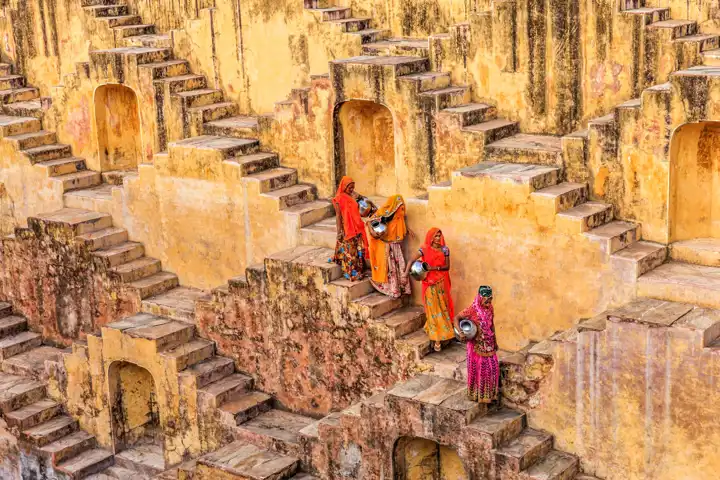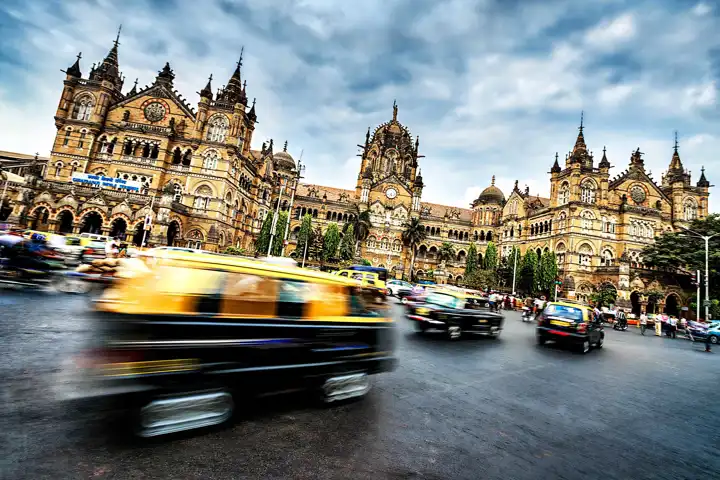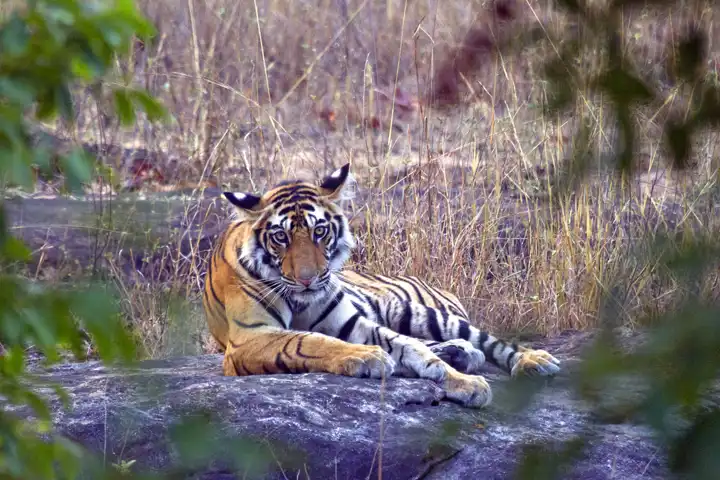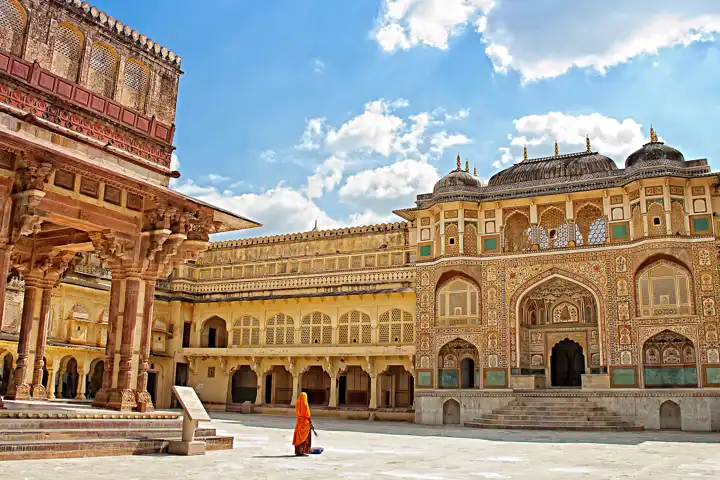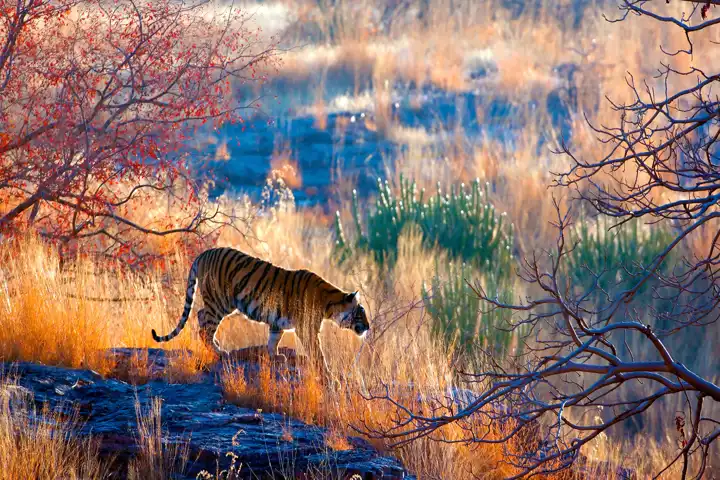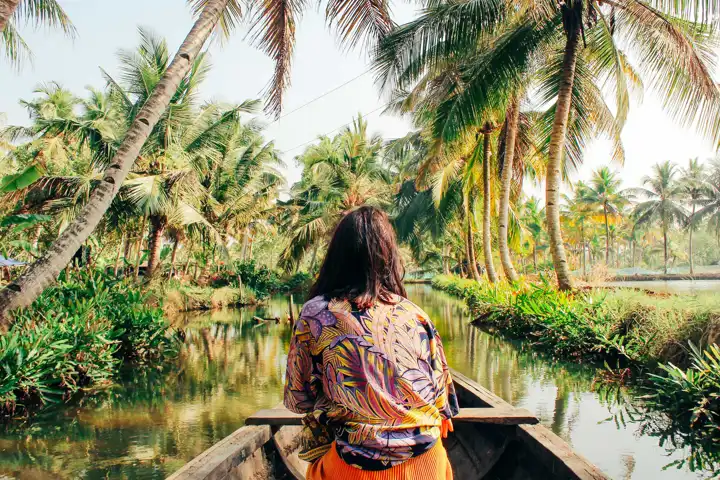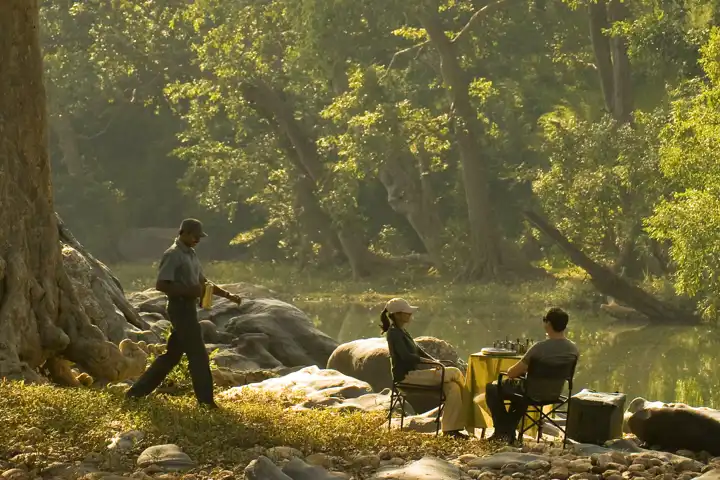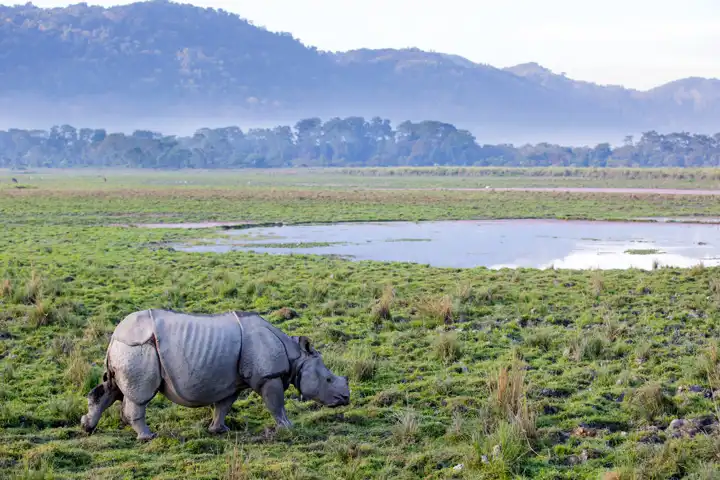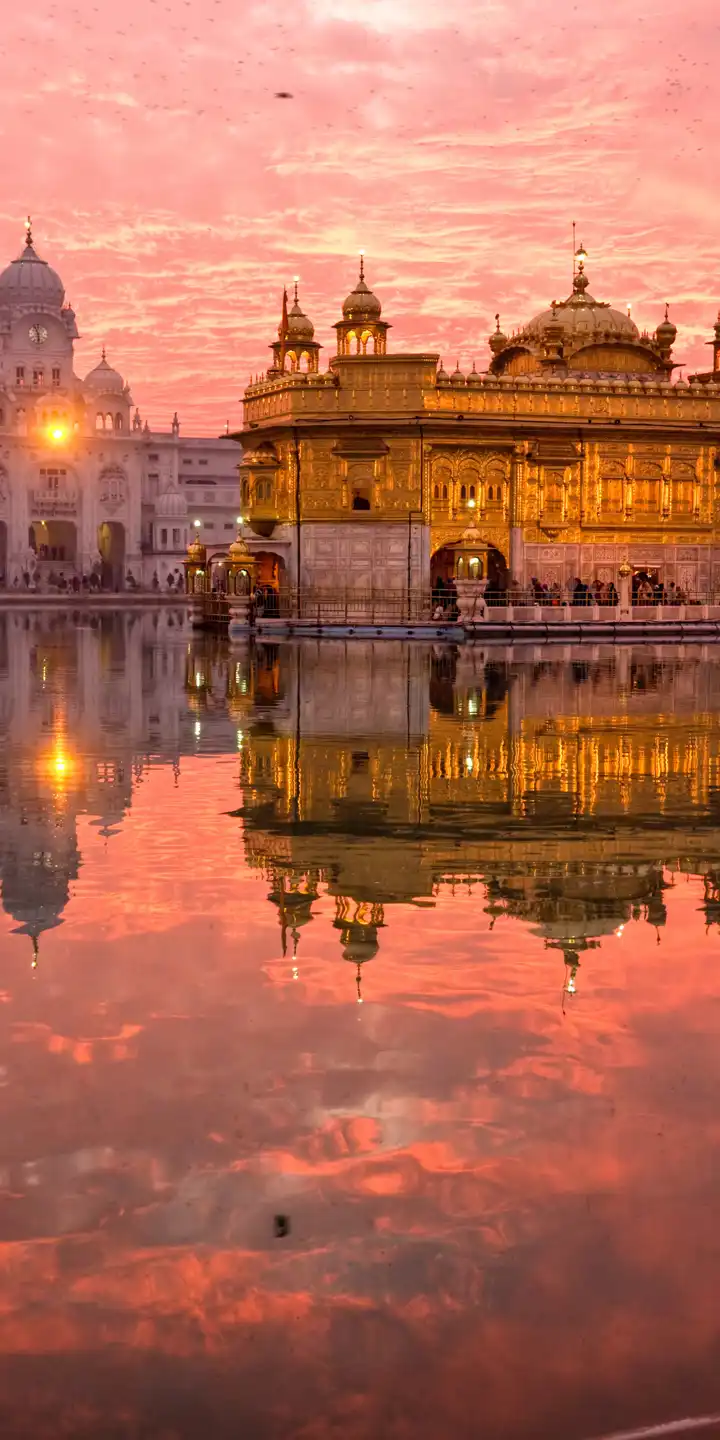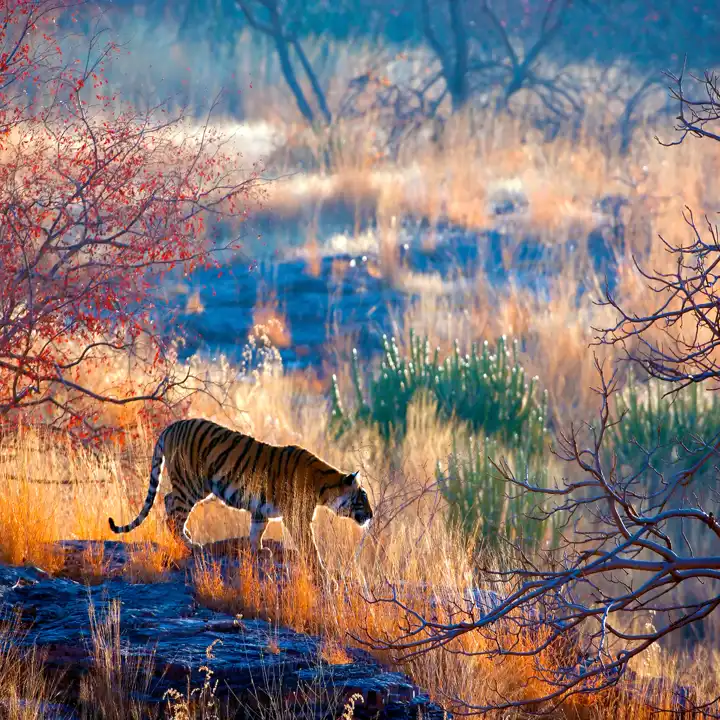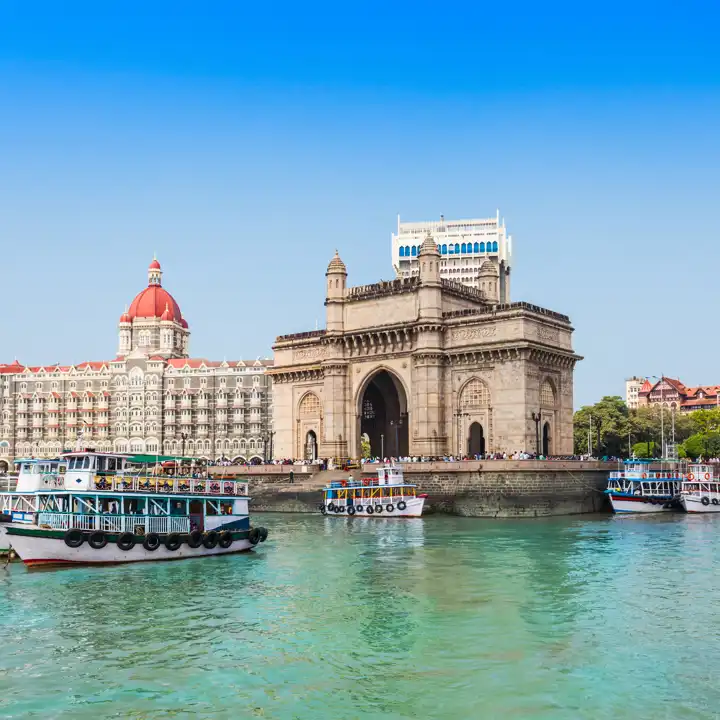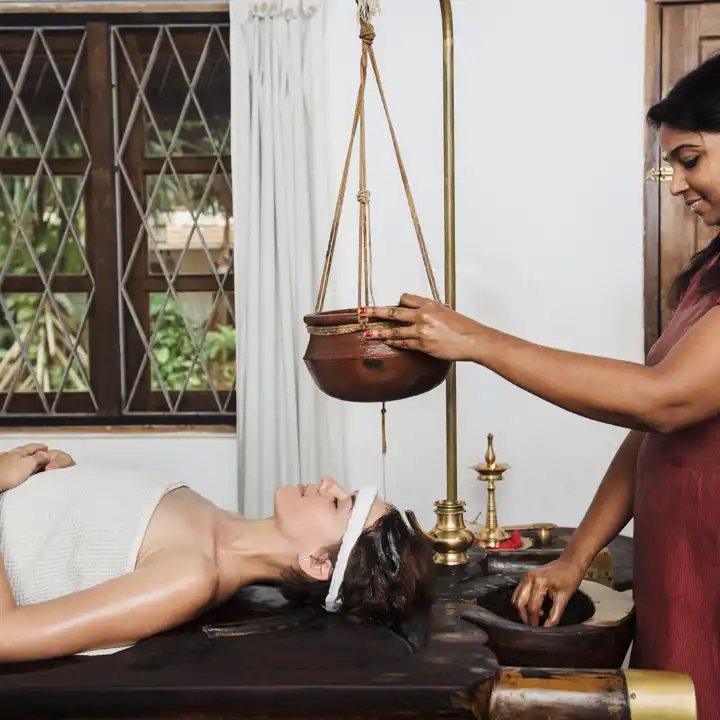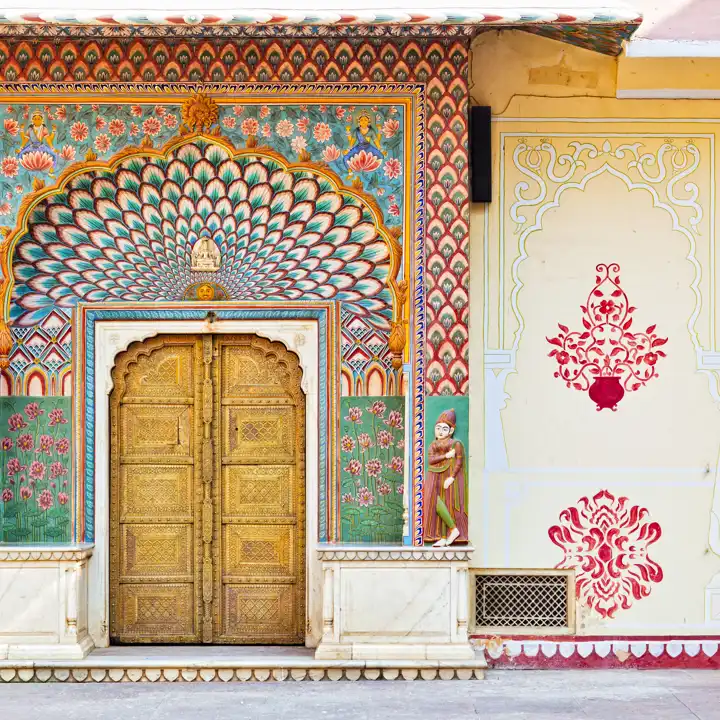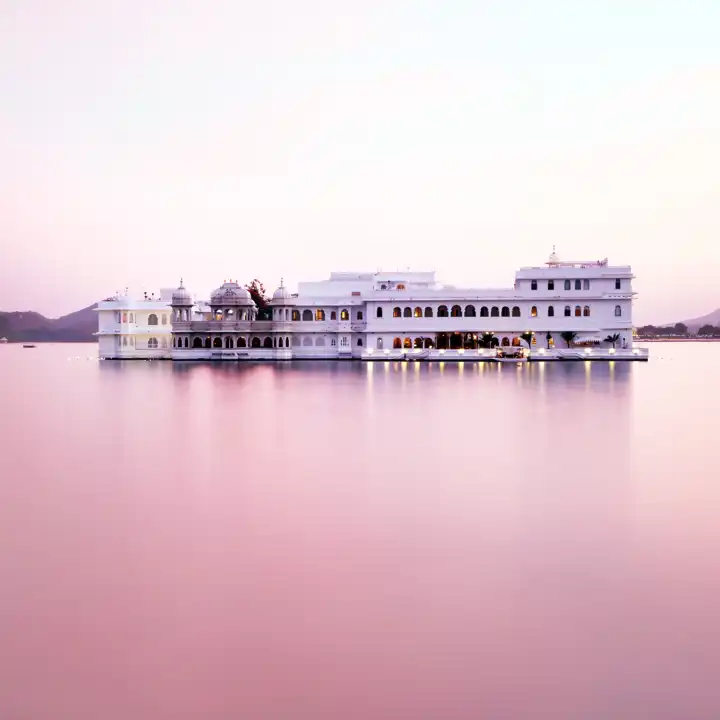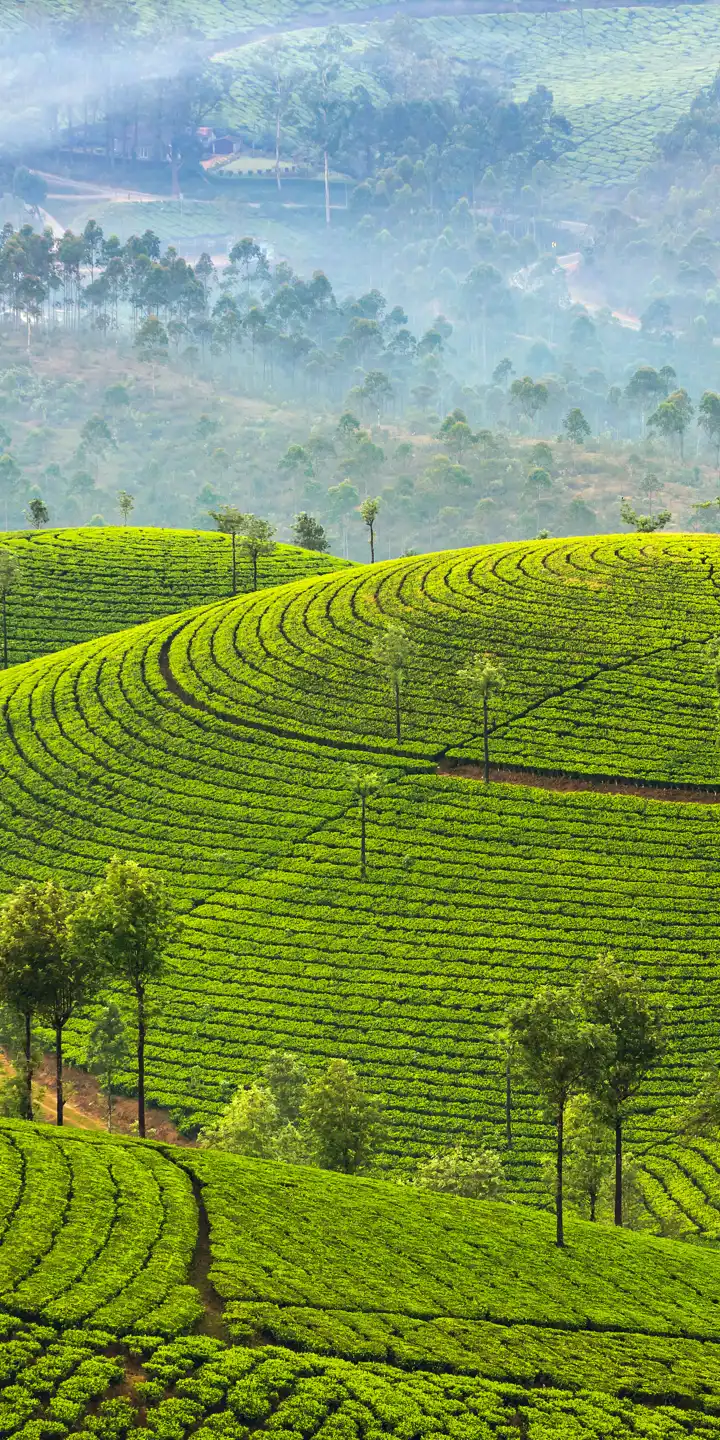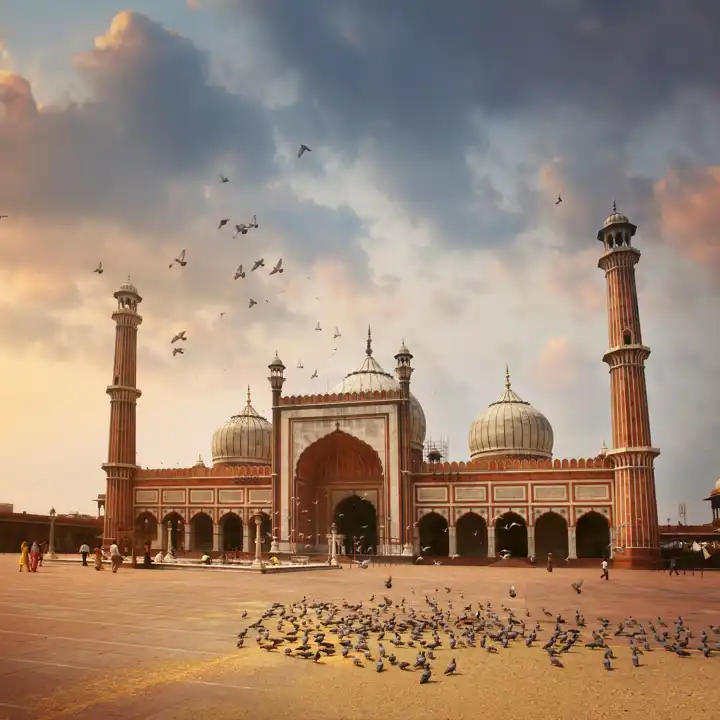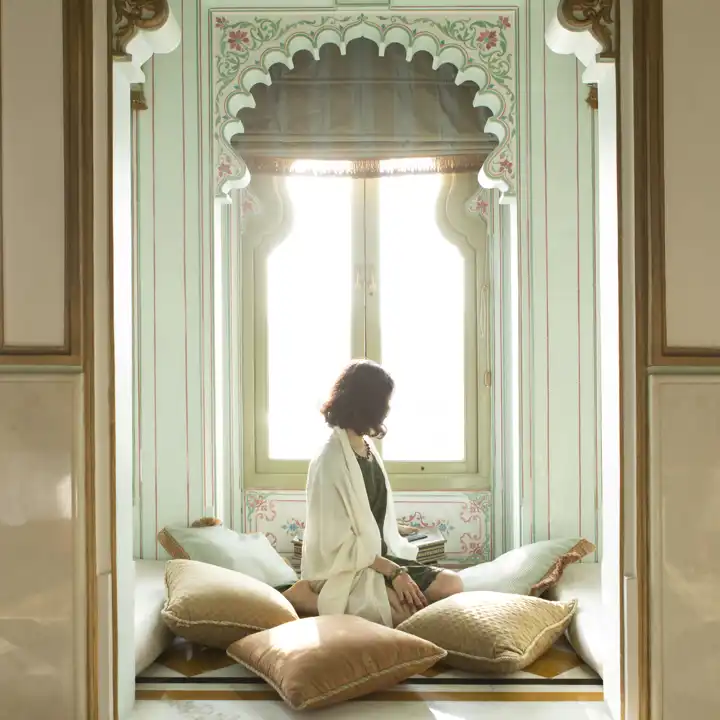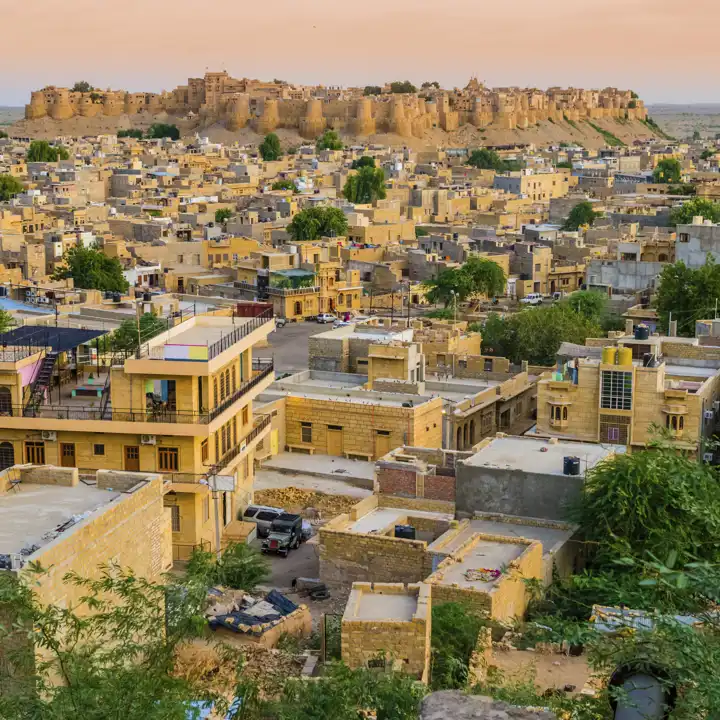India
A Land Overflowing with Untold Riches
India
Luxury travel to India offers rich history, color and charm to all who sojourn within her borders. From royal palaces to holy shrines, explorers are never disappointed. Whether you are a lover of color and spice, or architectural magnificence, India luxury travel is overflowing with untold riches. Palaces, bazaars, and riverboats await, ready to reward those who touch down for a week of exotic surprise, or steep for a month or more in the wonders of the East.
Elevated Luxury
Ker & Downey luxury India tours are especially magical. Visit bustling cities, picturesque beaches, majestic mountains, or the circuit of iconic palaces at the heart of India’s cultural stories. Walk in the footsteps of saints and princes as you explore a land bursting with life, both sacred and terrestrial. India also offers incredible luxury accommodations with service standards and opulent surrounds to match. With the country’s recent investment in their transportation infrastructure, traveling throughout India has never been easier – no more crowded trains and buses. With direct flights to all the major hubs, luxury travel to India is as easy as it is fascinating. Ker & Downey has incredible private jet options within India as well. You can travel like a modern maharaja, arriving and departing wherever and whenever you like. That’s the Ker & Downey difference.
Wildlife Safaris
Not all of India’s treasures are the kinds found in palaces. Ker & Downey’s wildlife safari experience in India is unmatched. We are very selective about the national parks and accommodations offered in our itineraries so that our guests enjoy only the very best safari experience available in India, with all the best chances of seeing the country’s tigers, elephants, and primates.
Experience India Luxury Travel with
Ker & Downey
Explore India and her ancient treasures, warm hospitality, and interesting culture in the Ker & Downey style of tradition and luxury. India’s unique culture and convenient location help it to pair well with other Asian, Oceanic, and Middle Eastern destinations. Contact our expert consultants to plan your perfect luxury India tours.

